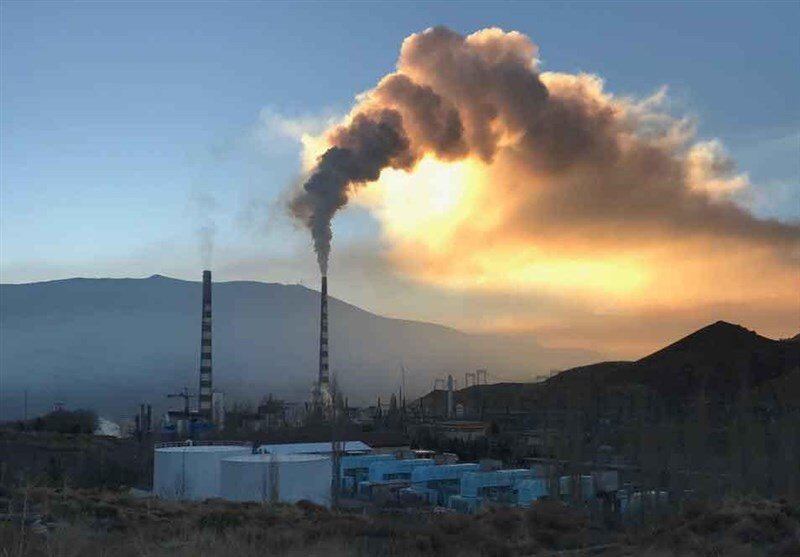Iran to pursue lifting of sanctions at UN climate summit

TEHRAN – Iran will pursue the issue of lifting sanctions at the United Nations Climate Change Conference (COP26) so that the country can act more effectively to reduce greenhouse gas emissions.
Given that Iran is affected by climate change, barriers to reducing emissions must be removed, Elham Azizi, head of climate change group of the Department of Environment, said on Wednesday, ISNA reported.
An Iranian delegation headed by Ali Salajegheh, Department of Environment chief, will attend the COP26, which is being held in Glasgow, Scotland, from October 31 to November 12.
The COP26 summit will bring parties together to accelerate action towards the goals of the Paris Agreement and the UN Framework Convention on Climate Change.
Given that we have produced more greenhouse gases than the earth's capacity, the industrial activity of the countries should be directed towards reducing the emission. At the Paris Summit in 2015, countries agreed to work to reduce global warming and emissions, Azizi added.
According to the International Committee on Climate Change, even if all countries meet their emission reduction commitments, we cannot achieve the goal of reducing global warming to 2.5 degrees Celsius, so we cannot hope that industrialized countries can achieve the goal of reducing temperatures by 1.5 degrees Celsius.
“Countries will present their reports at the COP26, taking into account domestic conditions and their approach to reducing greenhouse gas emissions. The Summit's Scientific and Working Committees review various aspects of the countries' reports and discuss issues such as the commitment of developed countries to provide financial resources to developing countries.
Iran has so far submitted three national reports to the Secretariat of the Conference and the third report has been registered in 2018,” she explained.
In fact, this summit is an opportunity for the countries to express their demands.
At present, we have no international commitment to reduce greenhouse gas emissions, and we can take action based on the national laws and policies to reform energy consumption patterns, she stated, ISNA reported on Wednesday.
Regarding obstacles to reducing greenhouse gas emissions, Azizi stressed that “Iran has a plan to reduce greenhouse gas emissions according to the low-carbon economy program, and if sanctions are lifted and funding is provided, there will be no obstacle to the realization of these programs.”
Our country is one of the most vulnerable countries in terms of climate change. Iran receives one-third of the average global rainfall annually, but water evaporation is three times that of other countries, so the intensification of climate change can reduce the diversity of agricultural products, migration, depletion of water resources, and sand and dust storms.
Climate change impact
Increasing consumption of fossil fuels by humans, especially after the Industrial Revolution, has led to an increase in greenhouse gas emissions and ultimately climate change, and now tackling this phenomenon has become one of the most important concerns worldwide.
Climate change is one of the most important problems in Iran that can exacerbate drought and water stress, so it is necessary to make serious plans at the national level to address the phenomena.
Based on research and assessments conducted by Action for Climate Empowerment (ACE) adopted by the United Nations Framework Convention on Climate Change (UNFCCC) and using scenarios proposed by the Intergovernmental Panel on Climate Change (IPCC), if the concentration of carbon dioxide doubles by 2100, Iran's average temperature will increase by 1.5 to 4.5 degrees Celsius.
Temperature change, sea-level rise, coastal degradation, destruction of agricultural and food products, deforestation, depletion of freshwater resources, regional climate change in the high and northern hemispheres, changes in rainfall and wind direction, rising natural disasters such as tornadoes and floods, intensifying droughts and developing desert areas, increasing air pollution due to rising hot winds and the potential impact on the spread of diseases such as malaria are some of the known consequences of climate change.
According to scientists, global warming due to climate change is one of the biggest challenges of the 21st century.
FB/MG

Leave a Comment